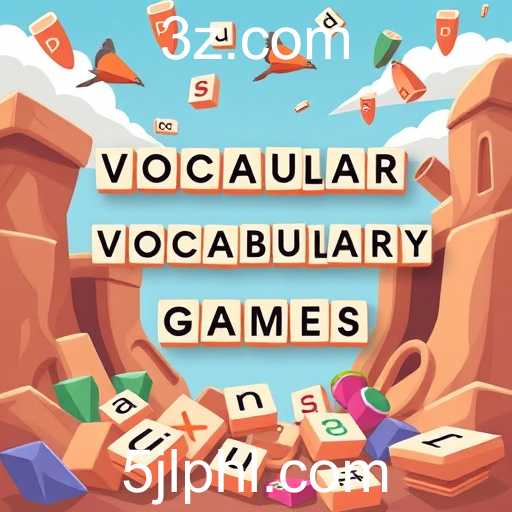In the ever-evolving landscape of digital education, Vocabulary Games have emerged as a compelling and effective medium for language acquisition. These games serve as an educational bridge, blending the necessary rigor of language learning with the engaging format of interactive play. Whether you're a student aiming to enhance your vocabulary or an adult wanting to keep your linguistic skills sharp, vocabulary games offer a wide range of benefits.
One of the most significant advantages of Vocabulary Games is their ability to tailor difficulty levels to the user's proficiency. This adaptability ensures that learners are neither overwhelmed nor under-challenged, maintaining a calibrated learning curve that promotes constant progression. Moreover, the gamified nature of these applications often includes rewards, incentives, and visual progress indicators, all of which can significantly boost user motivation and commitment compared to traditional learning methods.
Games like "Word Connect" and "SpellTower" challenge players to form words from random assortments of letters, stimulating cognitive connections and expansive language recall. These games promote a higher engagement level due to their competitive and playful elements, encouraging users to broaden their vocabulary through repetitive practice and context-based learning. This immersion into vocabulary through gamification also enhances retention rates, as it taps into the human brain's preference for learning via contextual understanding rather than rote memorization.
Vocabulary Games also act as a critical resource for non-native speakers. They provide a safe, low-pressure environment where learners can experiment with language and gradually gain confidence in their linguistic abilities. Many of these games include built-in dictionaries and thesauruses, allowing players to learn definitions and synonyms on the go, further reinforcing their knowledge without needing to switch platforms.
Educational institutions have begun integrating Vocabulary Games into their curriculums, recognizing the significant improvement they can offer in students' language skills. These games encourage active participation, immediate feedback, and collaborative elements, making them suitable for diverse educational settings.
In conclusion, Vocabulary Games are more than just a casual pastime; they are powerful tools for intellectual development. Through interactive platforms, learners of all ages can enjoy the dual benefits of entertainment and education, ensuring that language acquisition remains a dynamic and enjoyable pursuit. As these games continue to innovate and expand, their role in language learning is poised to become even more prominent and indispensable.








